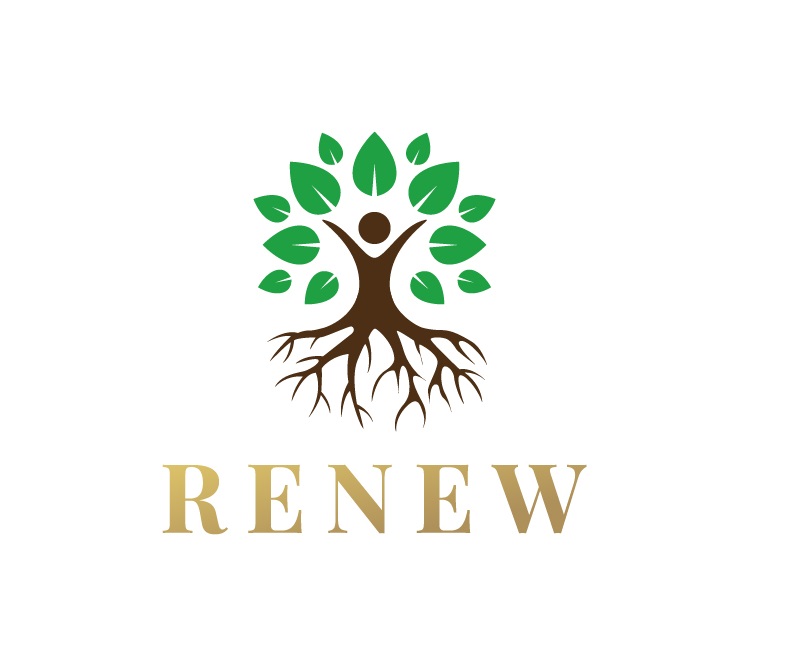Session Information
Date: Sunday, November 12, 2023
Title: Patient Perspectives
Session Type: Patient Perspectives
Session Time: 4:00PM-5:00PM
Background/Purpose: In 2011, I felt extremely isolated with my new diagnosis of diffuse systemic sclerosis and sought support online and in support groups. In addition to being confusing, the misinformation I found about the disease was even scarier and more isolating than my diagnosis. I then sought social support through my rheumatologist at the University of Michigan who put me in contact with a few other patients who had asked him for similar social support. Since then, my focus has been on supporting and educating fellow scleroderma patients as a mentor. I have worked one-on-one with over 100 scleroderma patients and concluded that patients need peer support for their mental and physical wellbeing.
Intervention: In my work as a Peer Mentor with the Michigan Medicine Scleroderma Program, I received the opportunity to become a Peer Health Coach for the RENEW study. After meeting with 45 participants, I learned that almost all patients were lonely and isolated in their disease, just like I was ten years ago.
In addition to being diagnosed with scleroderma, you receive a new status – isolated. You’ve never heard of scleroderma prior to the diagnosis, nor has anyone you know. Also, the physicians you have been trying to get a diagnosis from over the last year are not familiar with scleroderma either. Plus, you get the reaction, “But you don’t look sick!” Through the RENEW study, health coaches met with patients virtually nine times over 12 weeks. Coaches led patients through goal-focused health-related learning modules and provided guidance, experience, and social support. As a health coach, I could offer real-life, lived experience and provide the support that was unavailable from family, friends, physicians, or therapists.
Maintenance: Patients need support and are seeking it. A trained health coach with a goal-setting framework helps them be less isolated and feel that they are not alone. Peer support is crucial for helping individuals change behaviors, like improving mental clarity and outlook, as well as motivating them to achieve health goals.
Quality of Life: I am able to discuss the health coaching experience from both the health coach and patient perspective to help reinforce the positive outcomes of peer social support. This is a valuable part of patient care that is missing in health systems.
To cite this abstract in AMA style:
Alore M, Chen Y, Murphy S. Peer Health Coaches Help Scleroderma Patients Cope with Isolation [abstract]. Arthritis Rheumatol. 2023; 75 (suppl 9). https://acrabstracts.org/abstract/peer-health-coaches-help-scleroderma-patients-cope-with-isolation/. Accessed .« Back to ACR Convergence 2023
ACR Meeting Abstracts - https://acrabstracts.org/abstract/peer-health-coaches-help-scleroderma-patients-cope-with-isolation/

